Jane Fonda and Lily Tomlin are household names. Nine to Five is the obvious association that comes to mind, but their Netflix original series, Grace and Frankie, is a close second.
Individually, the actors' careers are iconic. Fonda, who starred in groundbreaking films like Barbarella and Cat Ballou, among many others, became a strong member of the feminist, civil rights, and equal rights movements. Tomlin's outspoken humor has served her well in films like The Incredible Shrinking Woman, Big Business, and most recently, Grandma. It's the same fearless nerve that she embodied when dealing with her own public coming out, though she'd always been out in her personal life. Together, Fonda and Tomlin share the kind of friendship we all aspire to have: an unbreakable comraderie that spans decades. It's no wonder their onscreen relationship is so masterfully portrayed.
In Grace and Frankie, they play two very different women whose husbands' friendship was not what it seemed. In the first season, the two women had to come to terms with the fact that the men they'd spent most of their lives with were leaving them for each other. The dramatic moments cut as deep as the humourous ones.
With season two just a month away and season one available on DVD today (and the third season already under way), we asked the friends and costars our most burning questions:
Out: How would you say you relate to your character in Grace and Frankie?
Lily Tomlin: I somehow slipped into her skin easily. I felt like she knew me better than I did.
Jane Fonda: The risk of falling is very foremost on my mind. I'm 78 and that's a very real fear that older people have, that they're going to fall and break their hip. I don't anymore share her concern about Oh my God, I don't have a boyfriend or a man in my life, so I don't exist. I'm over that. Been there, done that. Most of my life. But I'm over that now.
You two are so great together onscreen and you've been friends for so long. How would you describe your friendship and how that relates to your professional relationship?
LT: I think it's just because we were in Nine to Five together, and Jane had come to see me in my show. When she started preparing Nine to Five, she offered me the part, and I was even a fan of hers when I was unknown. It was just sort of meant to be. I can't explain it. We're just good friends. We cut each other a lot of slack. We're simpatico. Simpatica?
JF: When you're doing a TV series and you go to work everyday with someone and work like 15 or 16 hours a day, it sure helps to love them. I love her a lot. And for me, it's a great honor to be working with her, to watch her process, which is very different than mine. She's much more spontaneous. She just has a different way of approaching her work. I learn lines quicker than she does. So we each have our strengths and our weaknesses, and because we care for each other, we help each other out.
Do you remember when you first came out to her?
LT: I don't think I came out to her. I think she knew. I'm sure she knew it.
JF: I just always knew she was gay. I don't know why I knew, but I always knew.
What was it like coming out publicly after so long?
LT: It was just a matter of course really. It wasn't that I'd ever been closeted--it was just that I'd never had a press conference. I'd always talked about Jane, my partner, and this particular guy interviewing me just printed it. And I knew about it because I was watching The View and they did a 'hot topic' about it. And the ironic part was I was on The View a few weeks before that and Barbara said, "You'd never been married or you never met the right guy," and I said, "Barbara, you and I both know that's not that case."
When did you realize you had such a big gay following?
LT: Oh, I knew that from the beginning. I got famous literally in 1970. I mean it was '69 but it was the last Monday in '69, so I always say 1970. If you say the '60s, it sounds like I was around for a while and I wasn't. And I always had an act and now I was able to sell tickets because I was on Laugh-In. And I knew because I saw it in my audience. I never expected not to have a big gay audience. Gay audiences are usually ahead of the curve.
JF: When I wrote my memoirs, which I think was in 2005, I thought that my audience would be women. But I got a lot of mail from gay guys who described loving my books. That was the first time I thought, Oh that's interesting. The way I wrote my book, I viewed the journey of my life through a gender lens and wrote a lot about how patriarchal society makes women feel they have to be a certain way. You know, if you're not perfect, if you're not beautiful, if you're not skinny, you can't be too smart, you can't be angry, you want to be loved. And what I discovered from the letters I got, from gay men in particular, was that they go through the same thing. The demands are you know, you're not macho enough, you're not butch enough, you're not man enough, so you're not a real man. The patriarchal society uses homophobia just like sexism and it damages people the same way.
You've been an ally for a while. What is it like seeing the way things have changed for LGBT people and knowing you had somewhat of an impact?
LT: It's dumbfounding. Now I may be sort of taking it for granted. I don't know what happened. It was just the most exciting historicial kind of thing to see people demand to be acknowledged and accepted.
JF: I think both the LGBT movement and the women's movement have come a long way. But there's still so far to go. We have marriage equality, yes. But look what's happening with the right to use bathrooms. It's just hard to believe what the right wing is up to, what they're trying to do. I made a speech a few months ago when I received an award from the Gay and Lesbian Center here in Los Angeles, and I talked about the women's movement. We need to be allies. There's a lot we can learn from what's happening in your movement.
It hasn't always been as popular as it is now to be pro-LGBT. Would you say that your activism hurt your career at all?
LT: No it never hurts your career to speak out. Time offered me their cover in '75 if I came out, and at the time, I was making that Modern Scream album, and I didn't want to be corrupted. They just wanted a gay person, they didn't care who it was. Part of me wanted to do it, but I was scared. So it was convenient to be able to turn it down.
JF: Not LGBT activism. The Vietnam War activism, maybe a little bit.
You've worked with some pretty amazing leading men. Who were some of your favorites?
LT: I love Steve (Martin) He's a very cool guy. And (John) Travolta was a very sweet guy, and he was a youngster when I worked with him. He loved my characters like Trudy, the bag lady. He would do Trudy, the bag lady on the beach. I love Sam (Elliott) in Grandma. He was great.
JF: I've made three movies with Robert Redford and I'm doing a fourth movie with him this fall. I'd say that I'm closest with him. We share a lot of the same values.
Season one of Grace and Frankie arrives on DVD and Digital on April 12 from Lionsgate and Skydance Television. Watch the trailer for season two below:
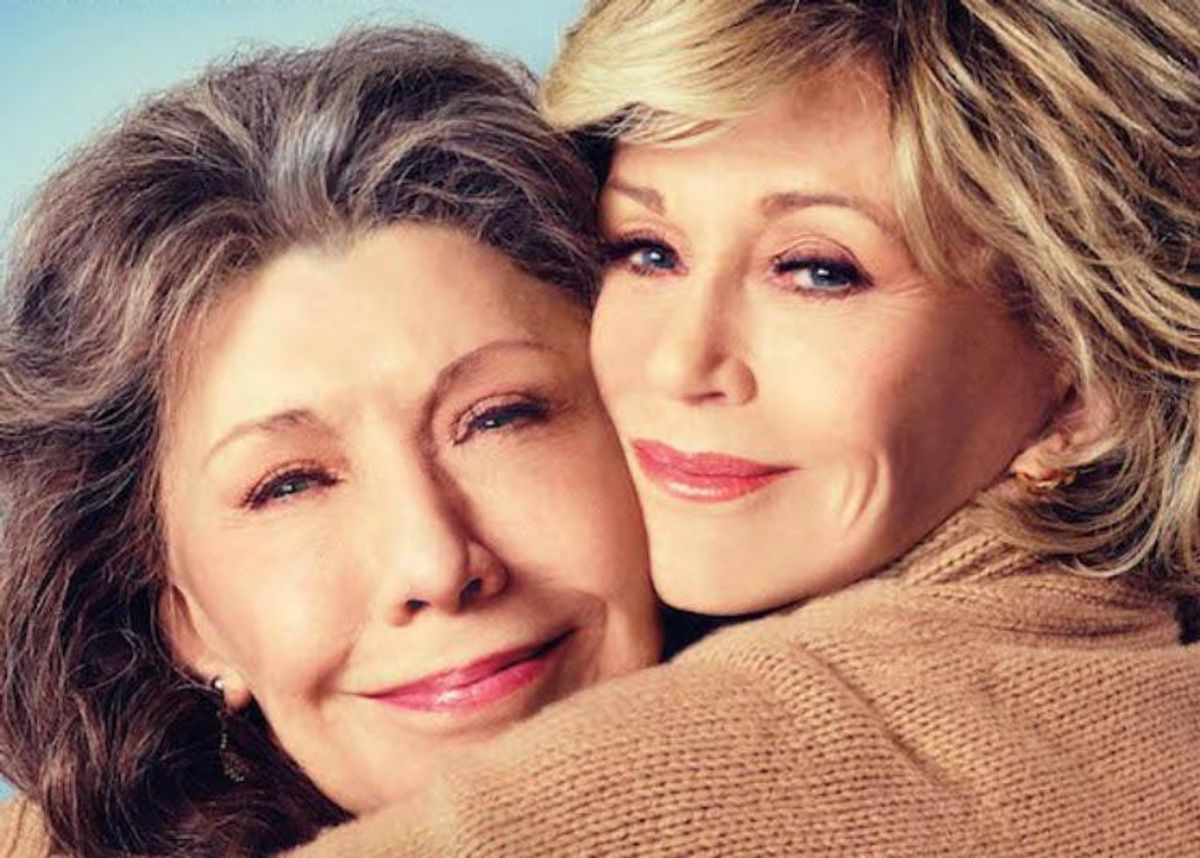

















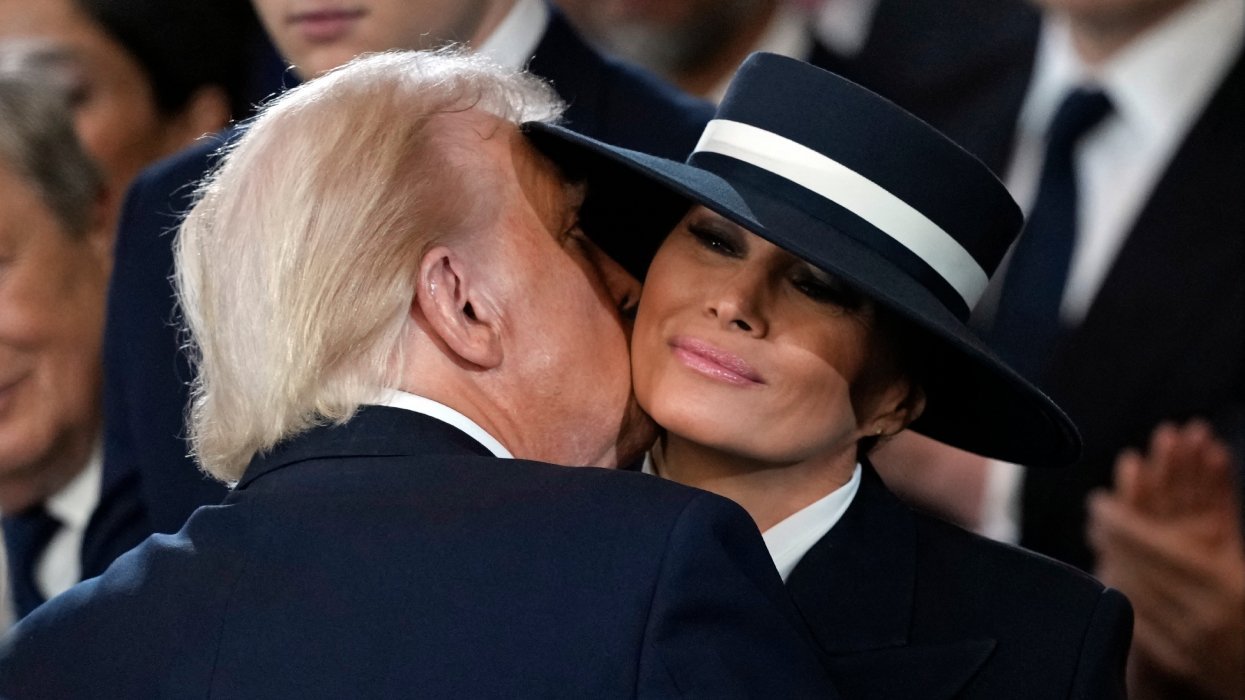


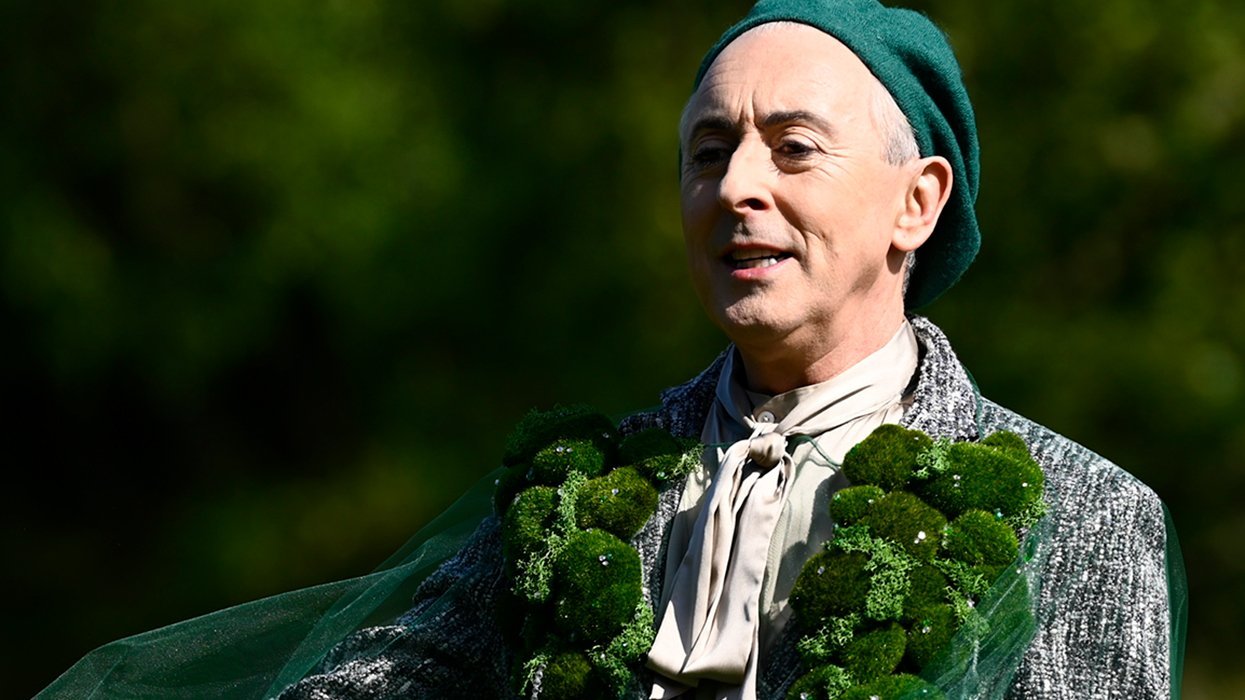
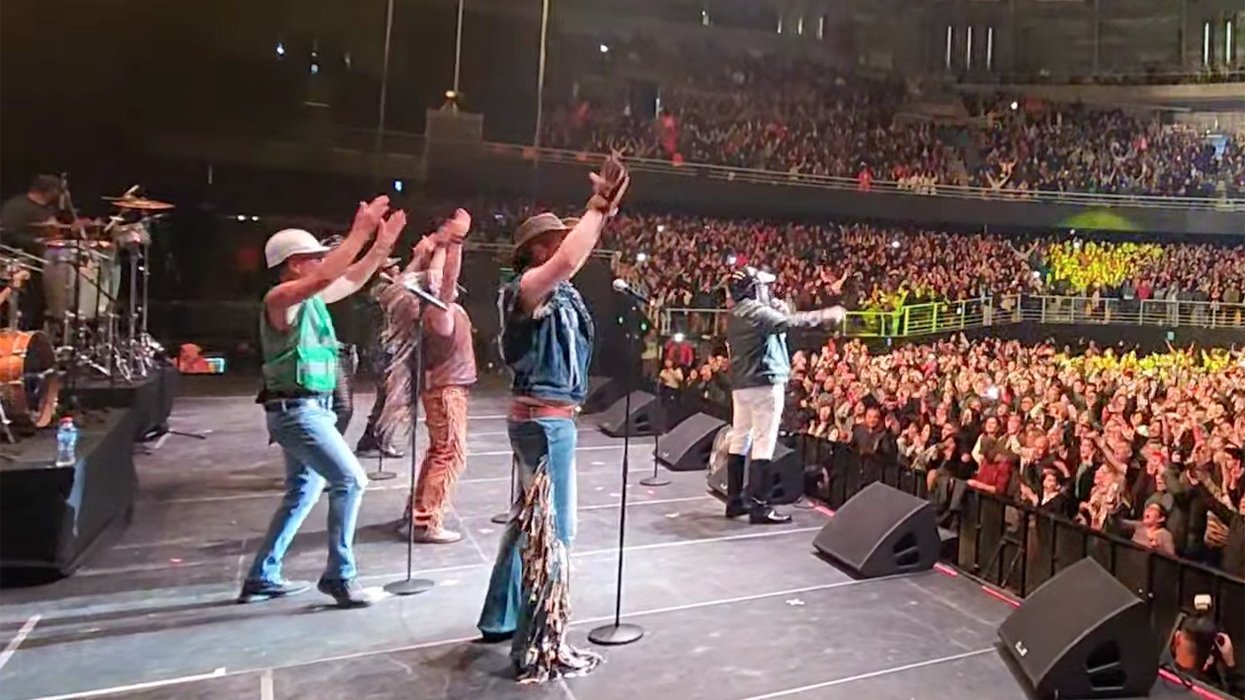
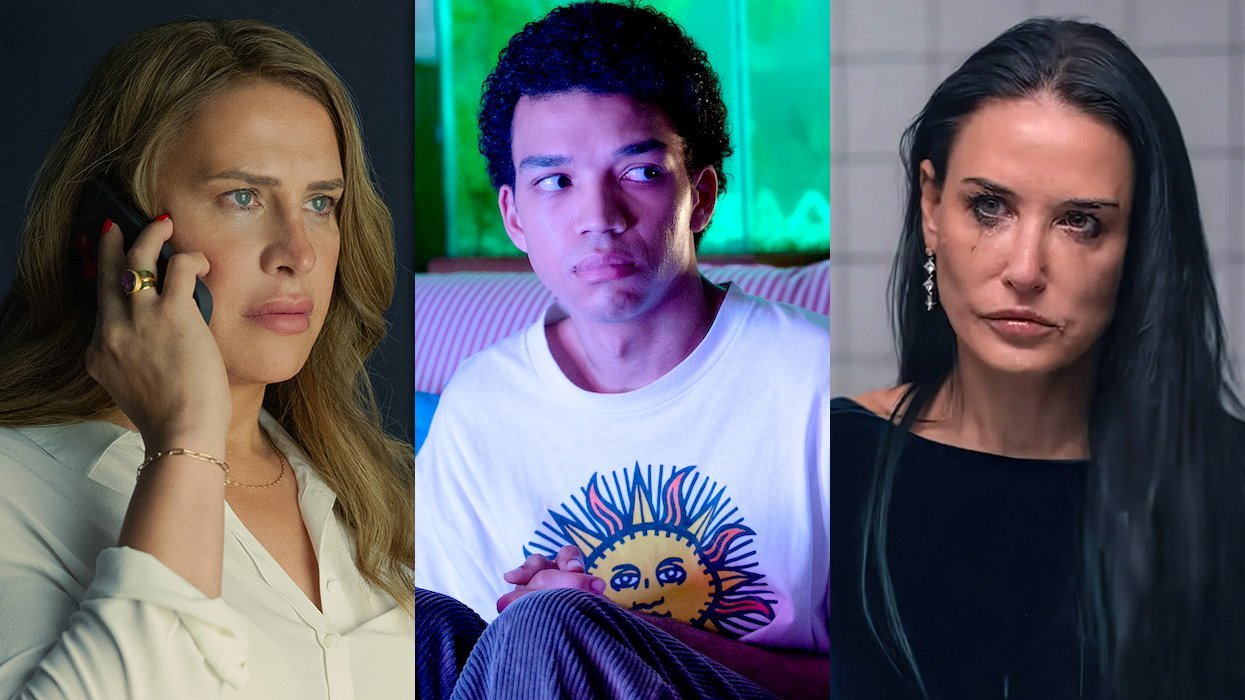
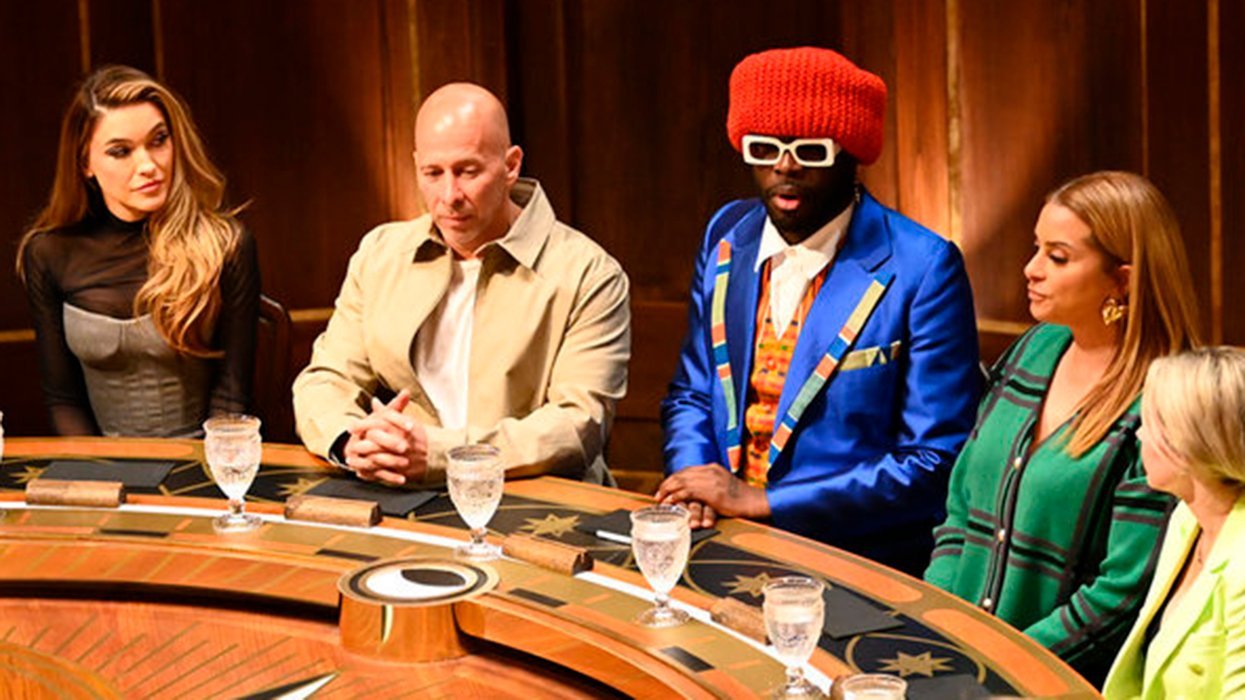
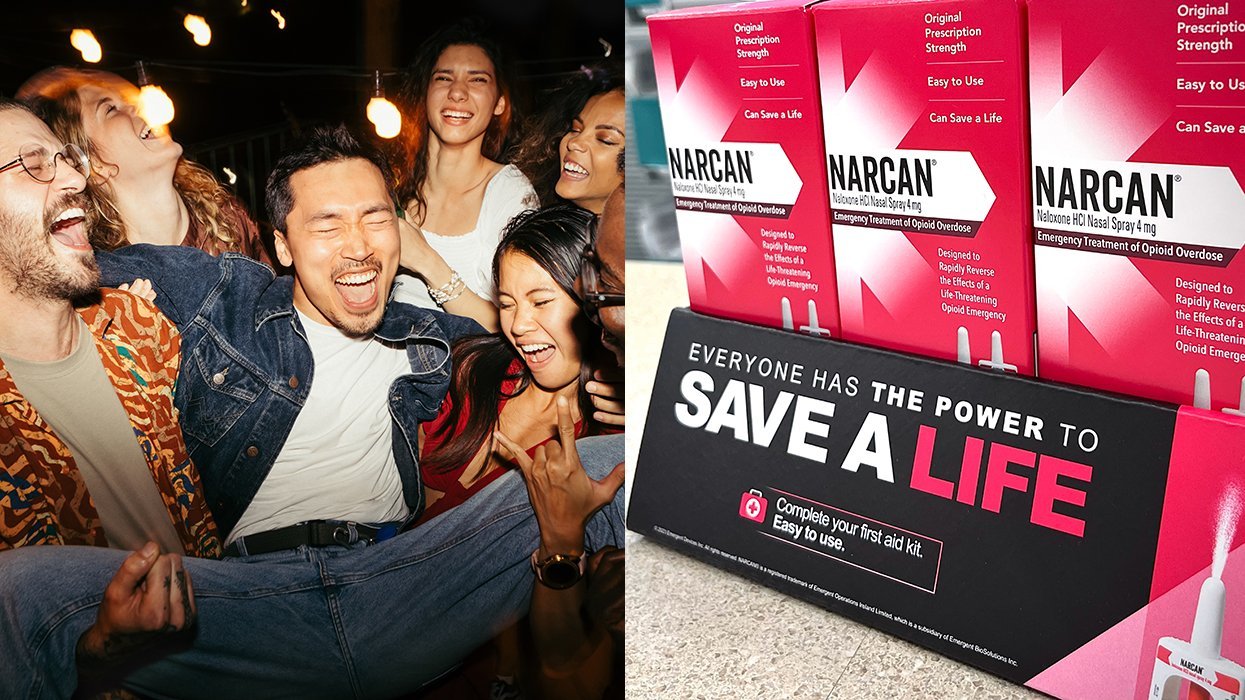
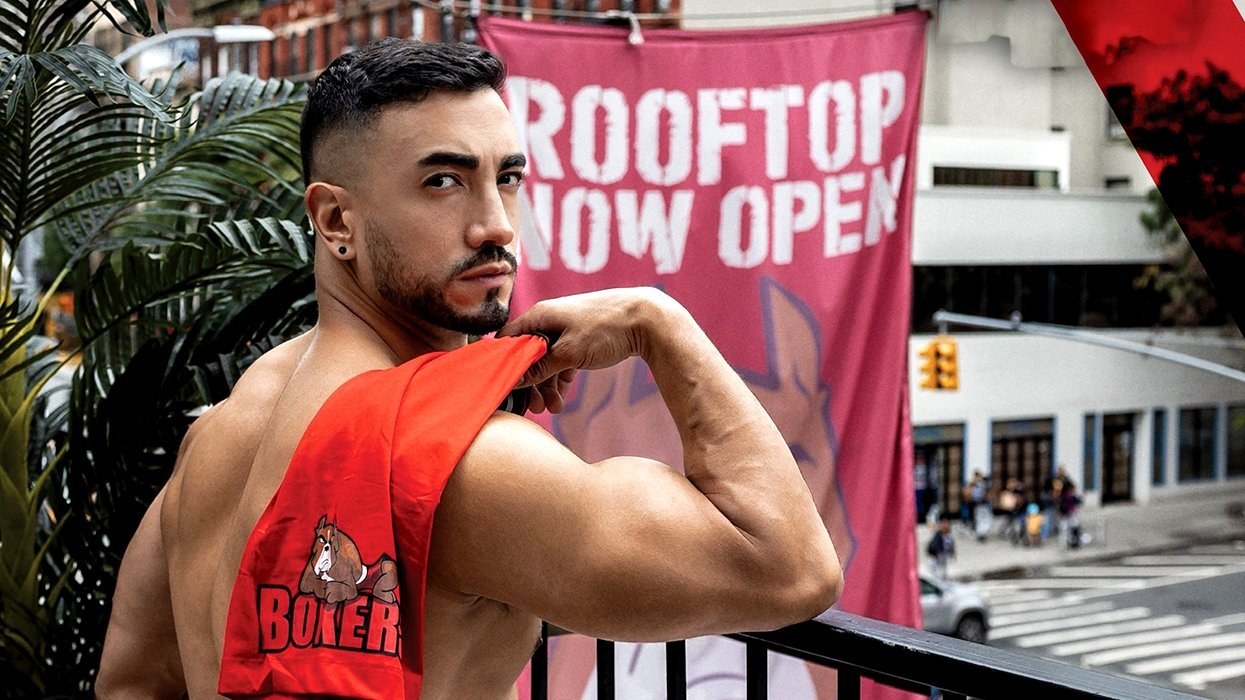
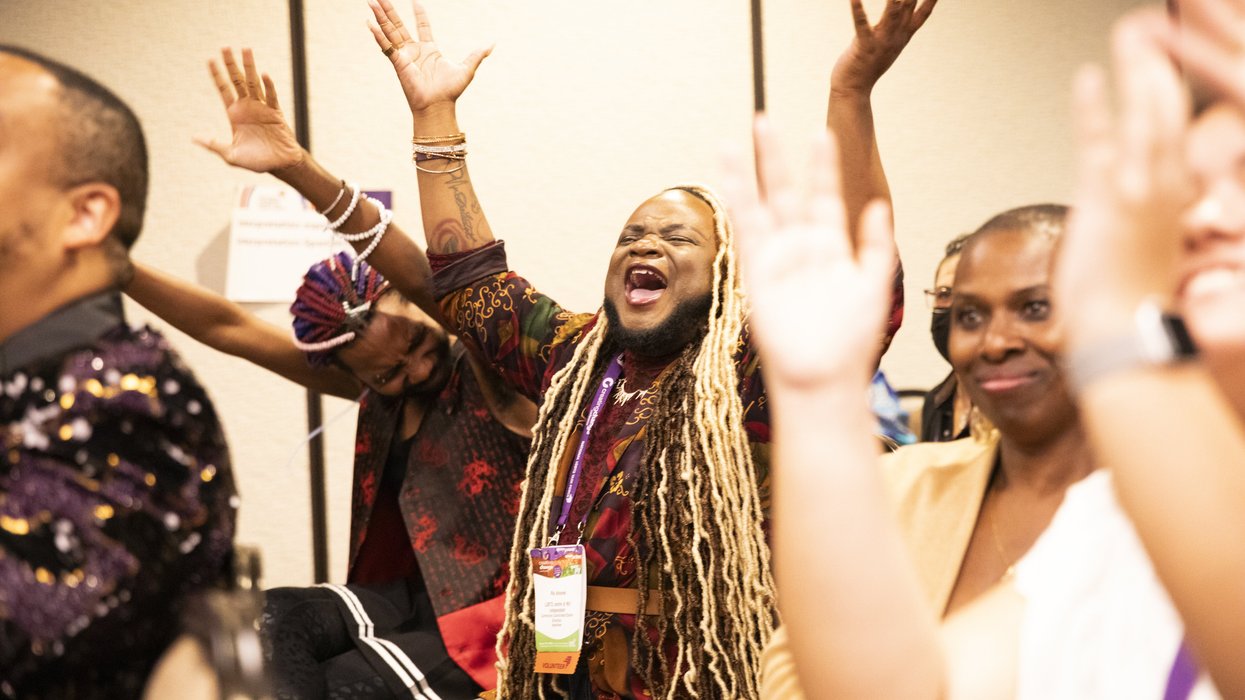
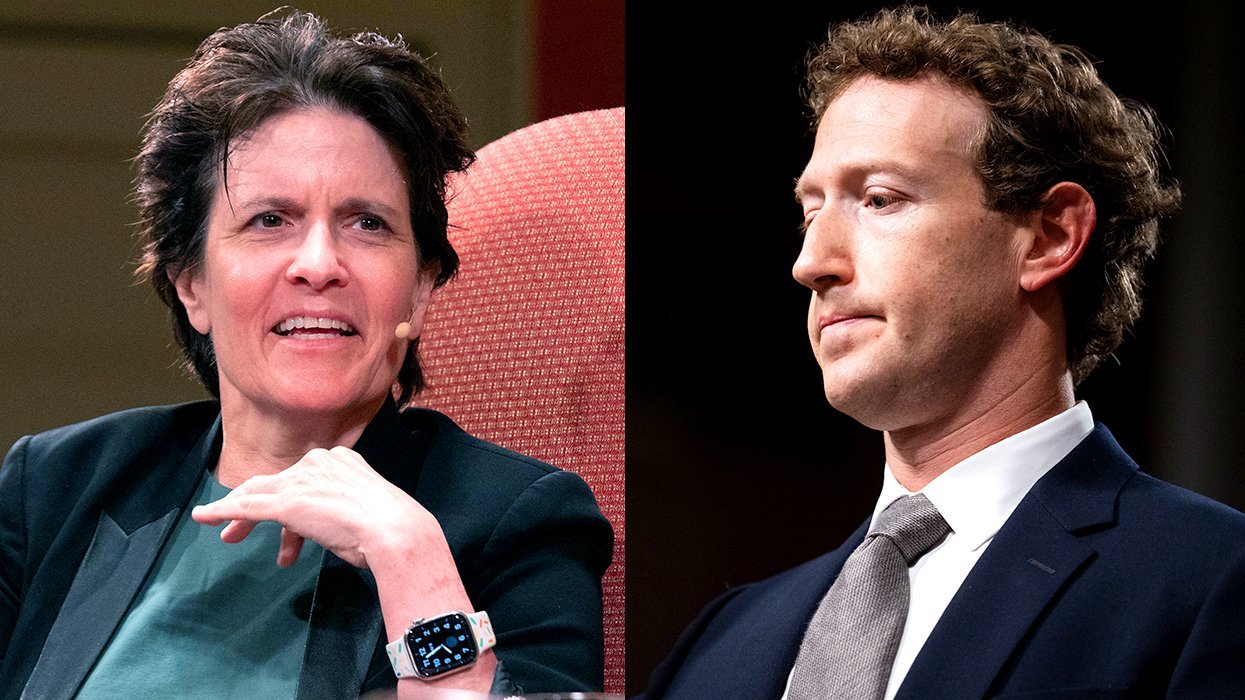
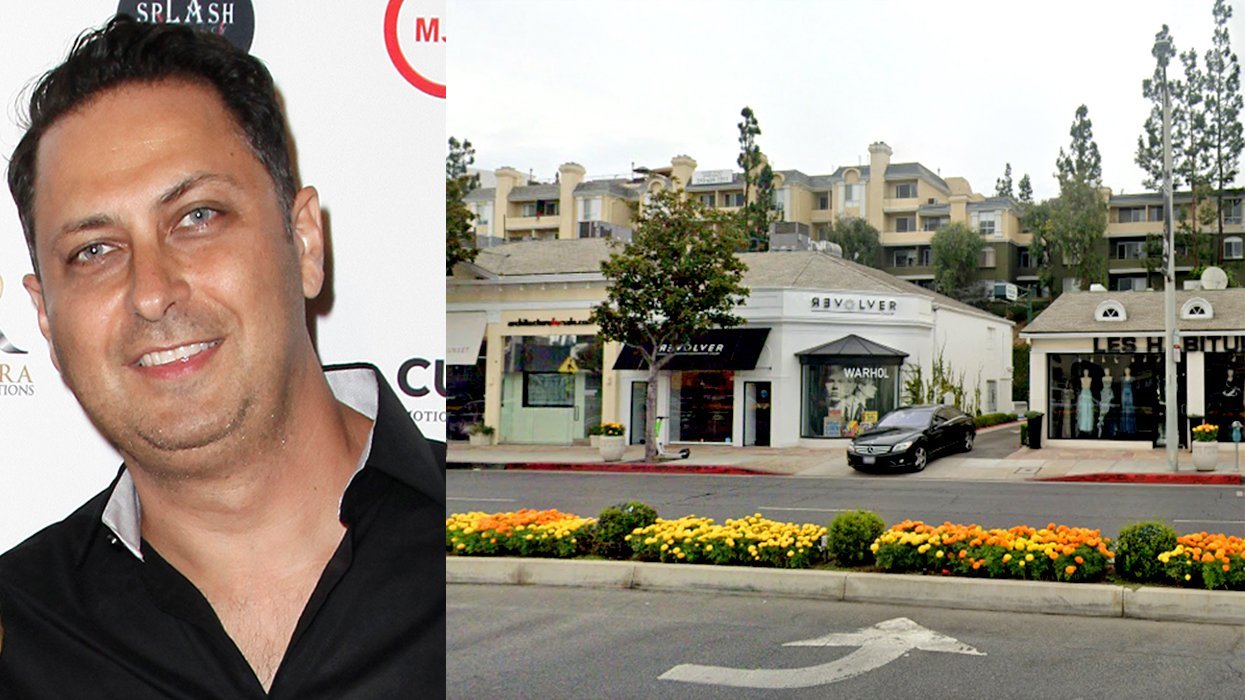
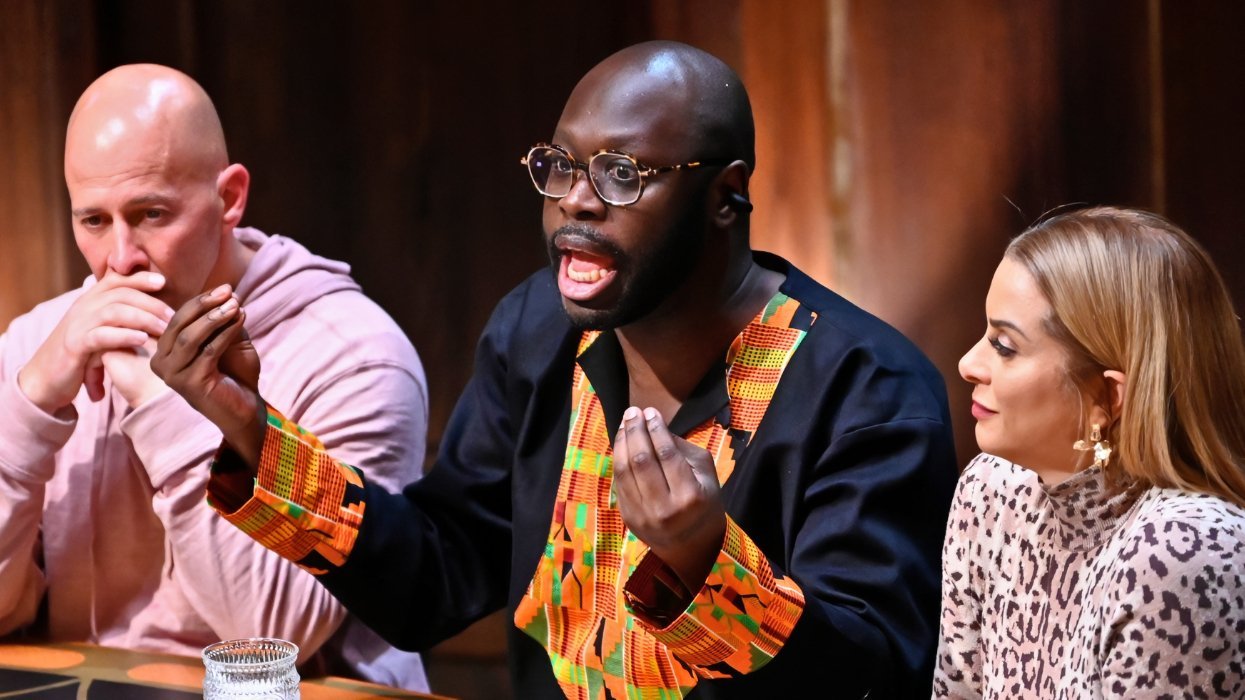
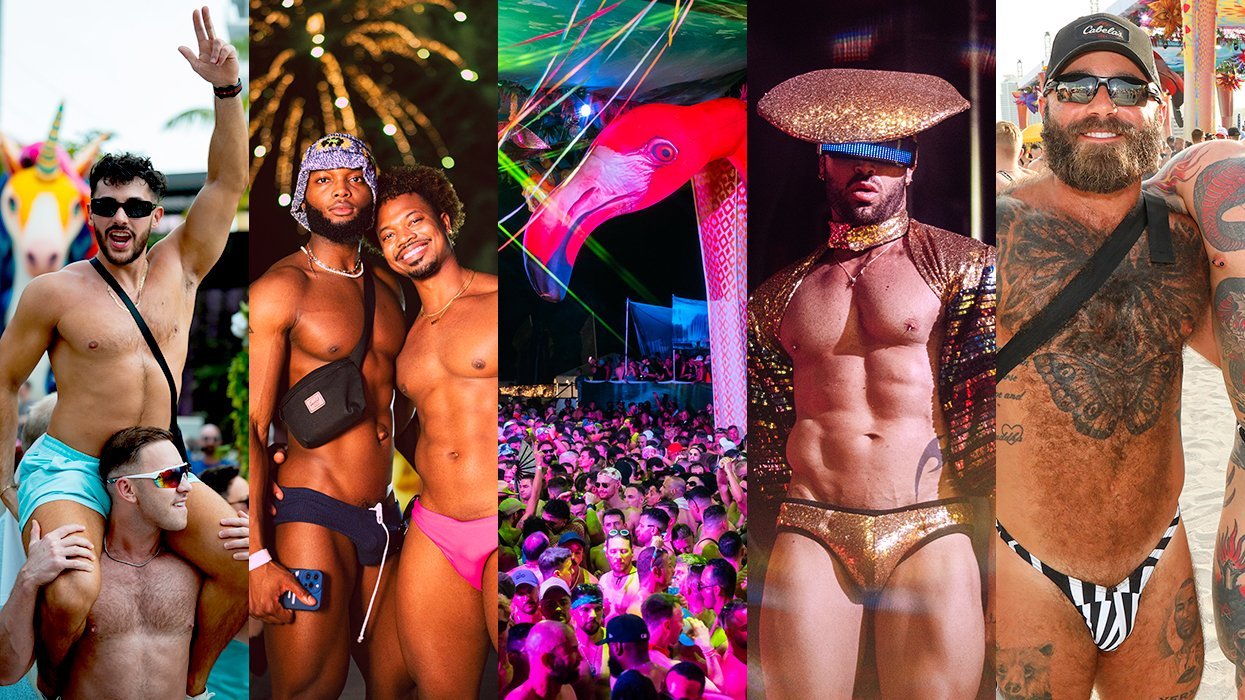

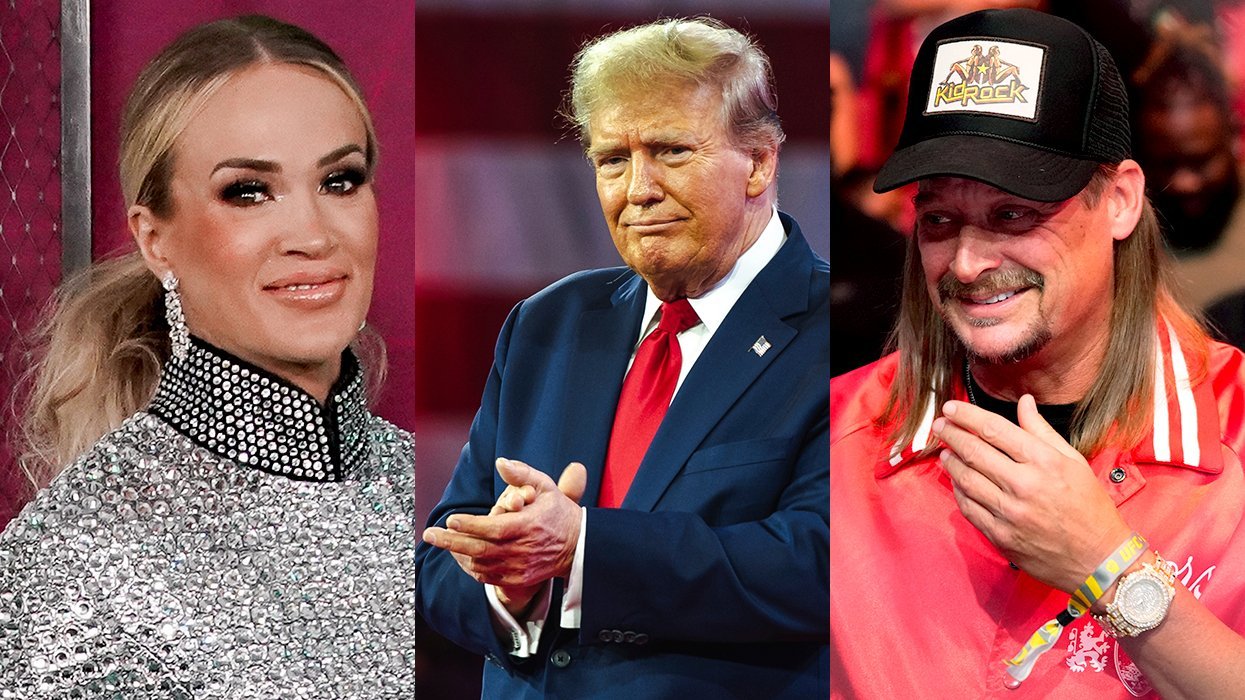
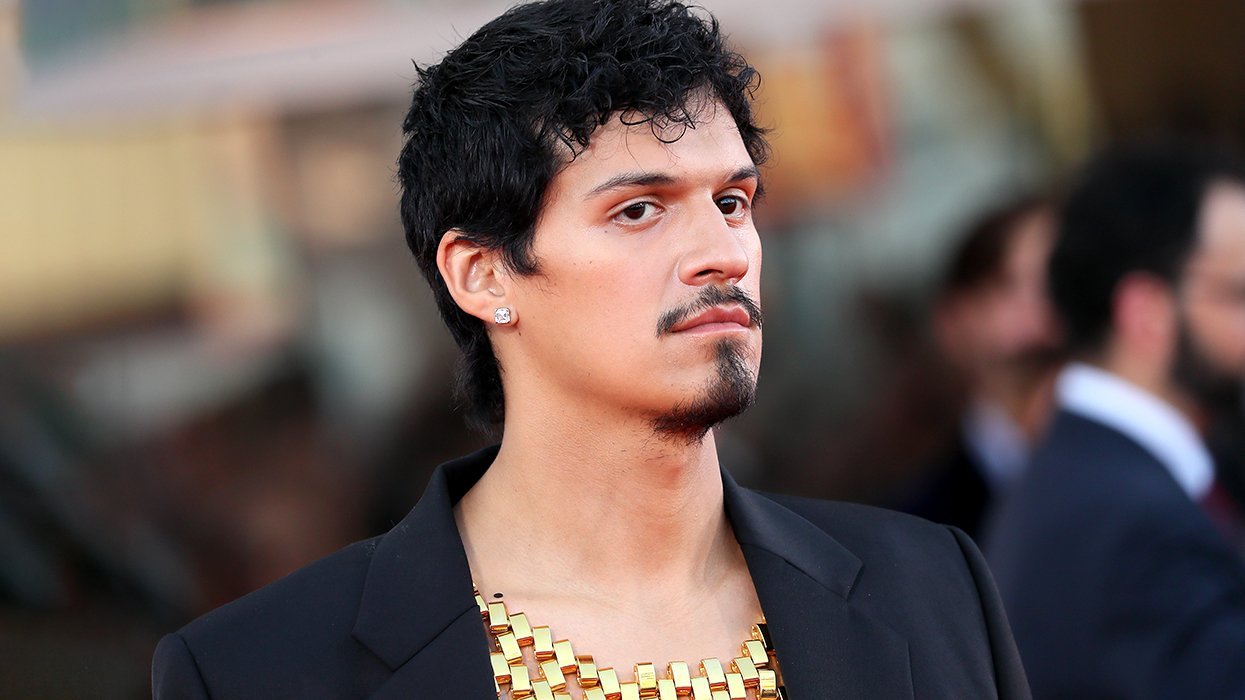




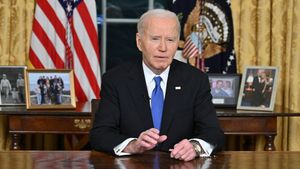







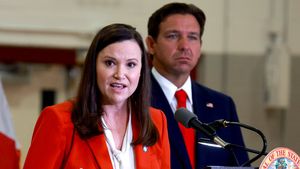


























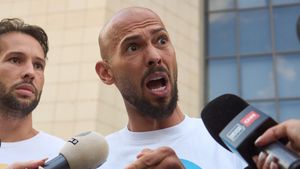









Beware of the Straightors: 'The Traitors' bros vs. the women and gays